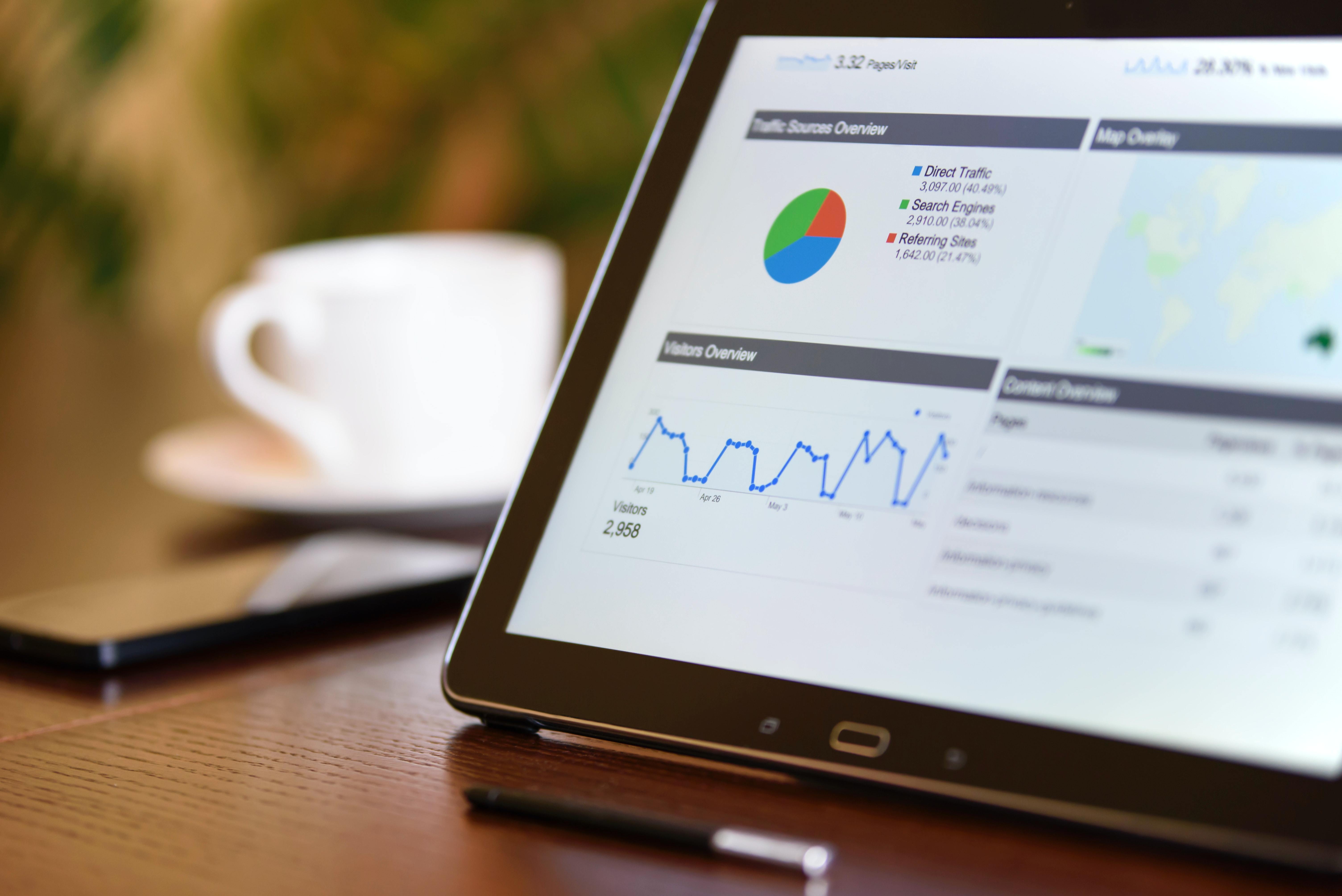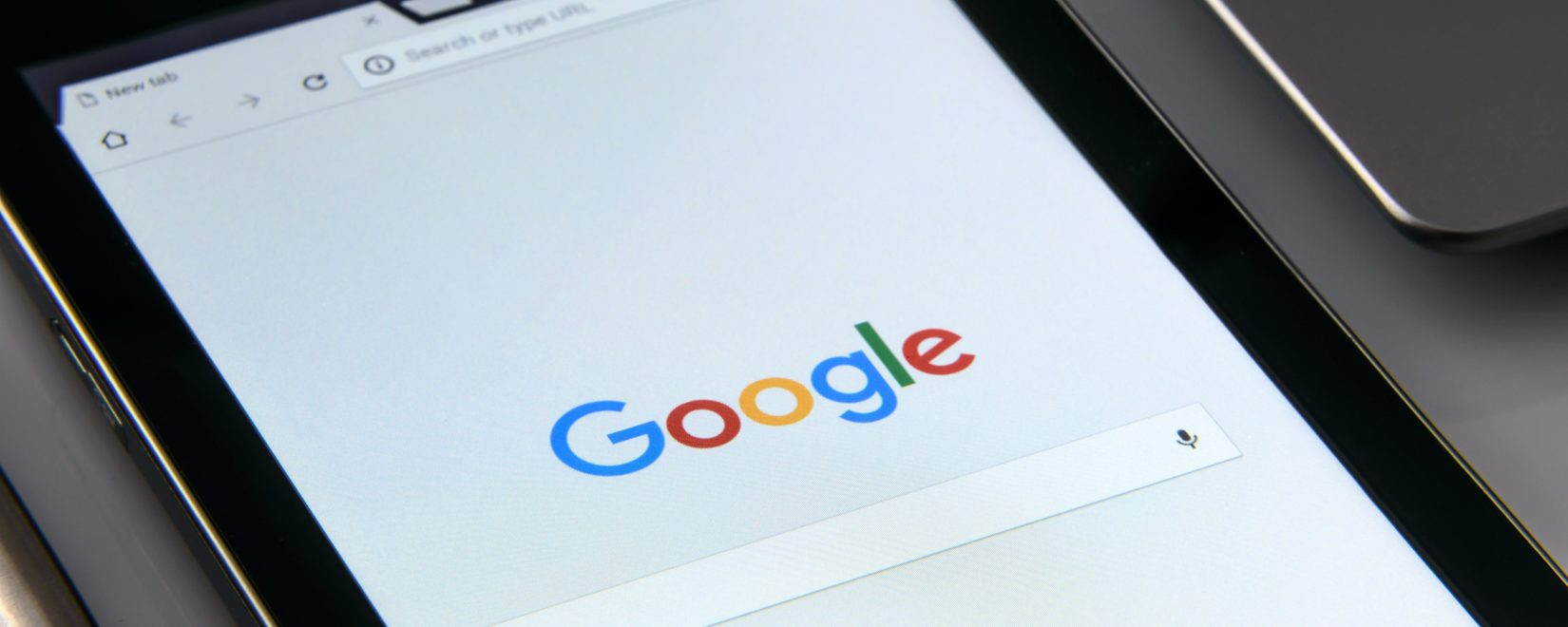Sunset of Google Analytics Universal and Sunrise of Google Analytics 4
Our Marketing Analyst explores the upcoming changes as Google Analytics 4 (GA4) becomes the primary analytics platform, taking over from Google Universal (UA).
In case you had missed Google’s 3,464,871 emails and notifications - Google Analytics Universal (UA) will soon no longer process data. Google Analytics 4 (GA4) will become the primary analytics platform as of July 1st 2023, and our trusty 10-year-old Google Analytics Universal will be no more.
While some are excited about the migration from UA to GA4, others have been found to be a bit more reluctant (read: kicking and screaming). Either way, we know the change to GA4 is happening and so the more prepared we can be, the better.
For a lot of digital marketers, Google Analytics is a permanently open tab in our browser. Whether it’s digging into site engagement and behaviours by looking at what events have been triggered, or investigating funnel drop-off hot spots within goals, to maximise those crucial conversion rates, Google Analytics 4 might actually be exactly what you’ve been looking for…
So, what is Google Analytics 4?
GA4 largely differs from UA in the way that data is captured and the data model used by GA4. UA captures data using different hit types, such as page hits, event hits, eCommerce hits, and social interaction hits. Whereas, GA4 is event-based in that any interaction can be captured as an event. There are no more views and Google encourages you to use the build-in reports instead.
In a statement, Russell Ketchum, product manager at Google, said: “Universal Analytics was built for a generation of online measurement that was anchored in the desktop web, independent sessions, and more easily observable data from cookies. This measurement methodology is quickly becoming obsolete.” Google Analytics 4 operates across platforms, does not rely exclusively on cookies, and is designed with privacy at the core.

What is the difference between Google Analytics Universal and Google Analytics 4?
With it being 10 years since Google Analytics Universal launched, it’s no surprise that Google Analytics looks and operates differently. To name a few - the interface has been simplified (and takes some getting used to!), and bounce rate has been replaced with engagement rate (we’d be lying if we said we were sad about this one..).
GA4 operates with or without cookies, and by operating with machine learning and statistical modelling (all singing and dancing!), GA4 is braced for a cookieless world.
Where does Google Analytics 4 retain data?
The Google Analytics Data Retention controls give the ability to set the amount of time before user-level and event-level data stored by Google Analytics is automatically deleted from Analytics servers. This retention period applies to user-level and event-level data associated with cookies, user identifiers (ie. User-ID) and advertising identifiers (ie. DoubleClick cookies, Apple’s Identifier for Advertisers and Android Advertising IDs).
While the maximum amount of time that Analytics will retail Google-signals data is 26 months, regardless of your settings, you can choose to retain Analytics data for a shorter duration.
Does Google Analytics 4 use cookies?
While Google Analytics 4 still requires cookie consent, these are now captured by Google Analytics itself to differentiate between new and returning visitors, which keeps Google Analytics compliant with privacy laws like PECR and GDPR.
We know that cookies can help improve the customer experience and enable businesses to understand more about their customers, however, Google plans to phase out third-party cookies by the end of 2023, spicing things up a bit!
While you might think that most people ignore or try to get rid of cookie banners as quick as humanly possible, as it stands, rejecting cookies can result in significant data gaps. To name one of many, Apple’s Safari can block cookies by default, and with a 34% market share, you might lose track of a vital chunk of conversions. Google Analytics is designed to fill in those cookie-shaped gaps with what's called “blended data”, a mix of machine learning and other protocols. Google also uses those same techniques to predict audiences that might be interested in your website and offers more insight into performance, from unusual activity to predicting changes in conversion rate based on previously collected events.

Benefits of GA4
While Google Analytics 4 might feel less intuitive at first, measuring custom events is a lot easier! Segments have been replaced by audiences, with more granular filters than in Universal Analytics. Those audiences can trigger events and conversions (aka goals), with custom values. So you can keep track of how much revenue each of these audiences is bringing in.
Consent Mode allows you to adjust how your Google tags behave based on the consent status of your users. You can indicate whether consent has been granted for Analytics and Ads cookies and Google's tags will dynamically adapt.
Enhanced conversions are a feature that can improve the accuracy of your conversion measurement and unlock more powerful bidding. It supplements your existing conversion tags by sending hashed first-party conversion data from your website to Google in a privacy-safe way.
Google also uses modelling to estimate online conversions that can’t be observed directly. Modelling allows for accurate conversion attribution without identifying users.
Customer Match lets you use your online and offline data to reach and re-engage with your customers across Search, the Shopping tab, Gmail, YouTube, and Display. Using information that your customers have shared with you, Customer Match will target ads to those customers and similar customers.
Our GA4 Recommendations
While 2023 might feel like a long time away, you should think about setting up Google Analytics 4 now to get that vital year-on-year data before it's too late! Universal Analytics and Google Analytics 4 can run alongside each other, so you got time to get used to the interface which should make the transition period a little bit easier.

